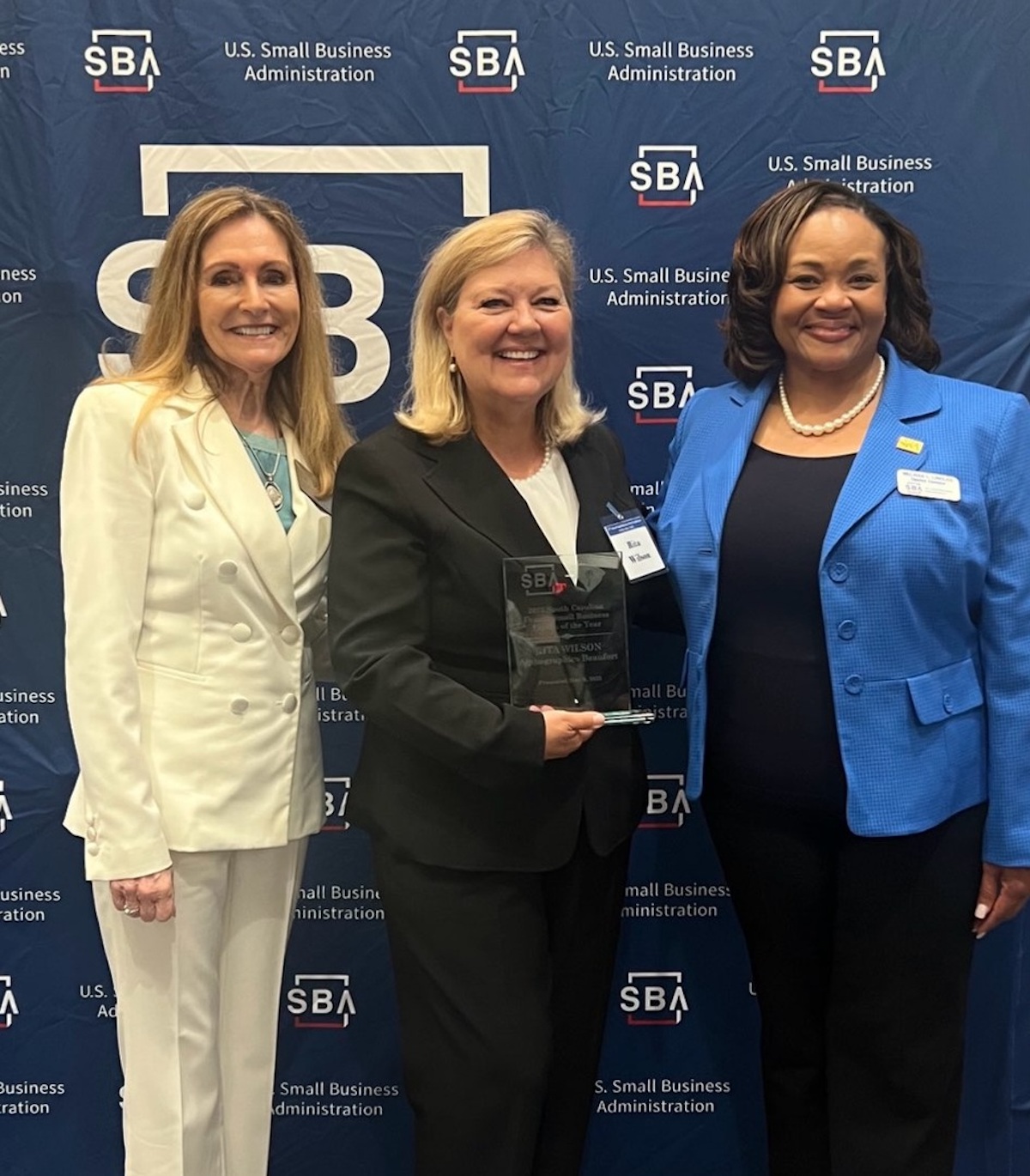Wells Fargo Advisors asked colleagues and friends what they would tell someone who has just graduated and/or is starting a new phase in their lives. Here are some of the thoughts they shared.
As you enter a new stage of your life, it makes sense to give some thought to how your money factors into your routines and habits.
Take a close look at your money attitudes and behaviors.
Maybe you have saved every dollar you ever received for every birthday and holiday since you were young. Or maybe you’ve spent every one of those dollars and do the same with every paycheck. This may be a good time to recognize and perhaps start to change any behaviors that may be contributing to a less-than-optimal outcome. It is never too late to start paying yourself first.
Be intentional in your money decisions.
It is tempting, if starting out with a new job with a steady income higher than you’ve ever had before, to want to go on a spending spree. Before you start spending, give careful thought to ALL the jobs that money can do for you. Money can buy things, but it can also, depending on how you use it, create stability or help you reach goals you set for yourself. Devote some time to think about the role money will play in your life. Your decisions about money can have very positive or very negative results. (Will money be your friend or your enemy?)
Have a plan.
Some people have a clear plan for their entire lives and start to work that plan upon graduation or at the beginning or completion of a life milestone. If you are not one of those people, at least create a one-year plan for your life activities and calculate the amount of money you will need to support that. Set that budget, and stay true to it for that first year. Commit to some amount of money to save that you will consider untouchable for this first year. At the end of that year, assess your progress, celebrate your successes, and learn from any setbacks. Adjust and implement your plan accordingly.
Pay yourself first.
Create the “pay yourself” habit, and automatically increase contributions as your income rises. Sign up for workplace savings and retirement accounts. If your employer offers a certain percentage match, at least participate to that level to receive the “free money” your employer provides. And with every increase in wages, increase your savings contributions as well.
Pay off your debt AND start saving.
“OK,” you say, “I want to save but I have school loans or other debt.” Work to rebalance the scale — pay off your debt to stop your cash outflow and reroute that cash flow back to you. Everyone has a unique set of circumstances to consider in order to reduce debt and save more.
Manage your credit to your advantage.
Resist the temptation to accept every credit offer you get. It’s important to establish a credit history in order to build your credit rating, but the use of multiple credit options could lead to unwanted debt. If your money plan includes a credit component, have a clear understanding of how much that credit is costing you. Also keep track of your credit rating and understand actions you can take to improve it. Check your credit report on a regular basis to be sure that all the information that appears there is accurate. If it is not, report the discrepancy so that it can be corrected on your credit report.
Enjoy the rewards your hard work earns for you.
It takes effort to earn money and to manage it to implement the plans you’ve made. Include in your plans rewards that are meaningful to you. Take time to enjoy the results of your efforts.
Wells Fargo Advisors does not provide tax or legal advice.
This article was written by Wells Fargo Advisors and provided courtesy of Katie C. Phifer, CERTIFIED FINANCIAL PLANNER™, RICP® and First Vice President-Investment Officer in Beaufort, SC at 843-982-1506.








